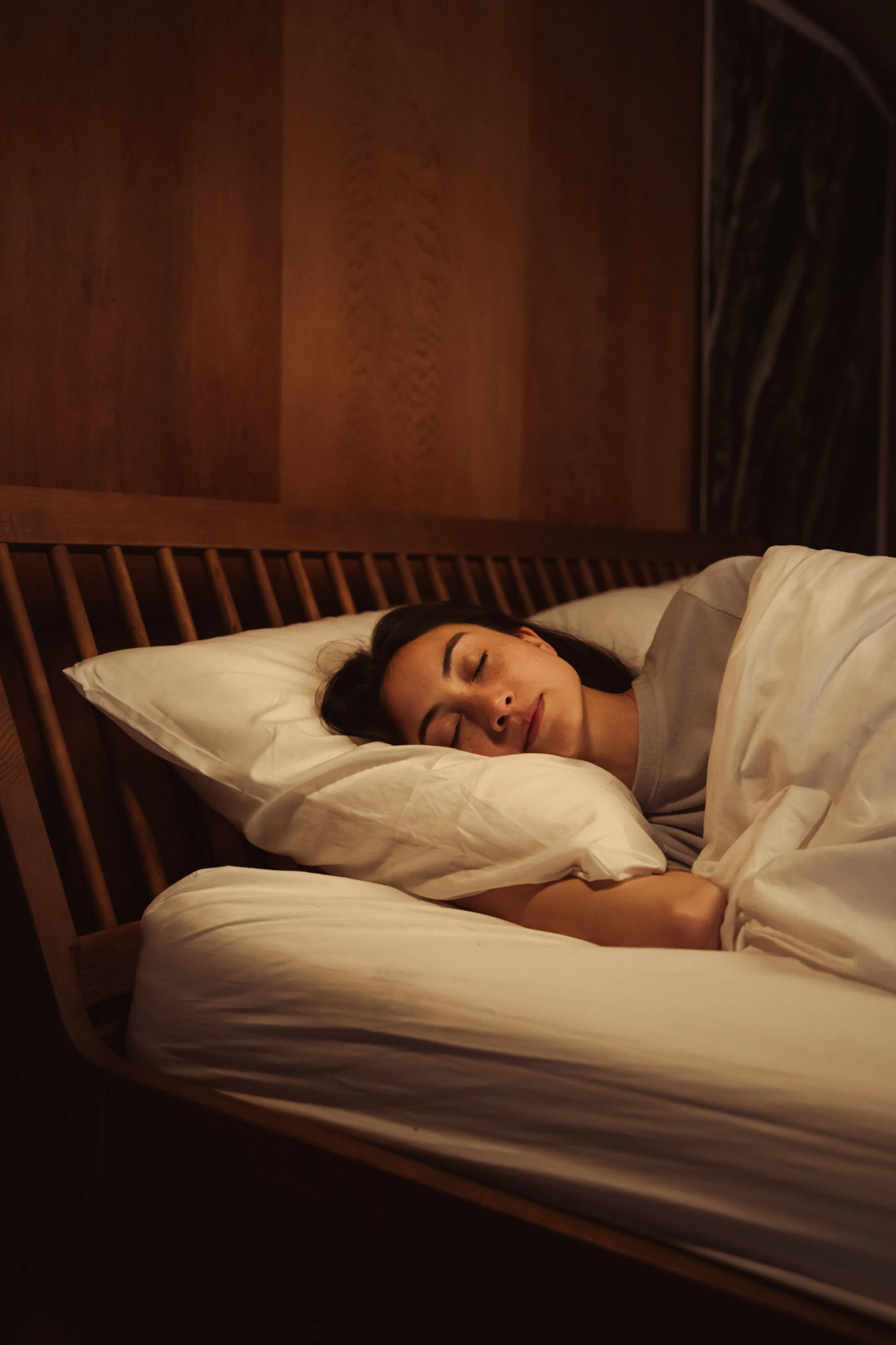How many hours of sleep do you need?
Sleep is essential for our well-being and health. Therefore, it's important to get enough sleep. But how much sleep do you actually need?
In this article, we’ll explore the recommended amount of sleep for adults, teenagers, children, and the elderly.

Getting enough sleep is essential for maintaining good health and well-being. Regular sleep deprivation can lead to various health problems, such as reduced cognitive function, increased risk of chronic conditions, and a weakened immune system.
Adults
As an adult, you generally need 7-9 hours of sleep per night. This can vary from person to person depending on factors such as age, health, activity level, and sleep quality.
A good way to determine how much sleep you need is by observing how you feel after a night of sleep. Do you feel rested and energized, or are you still tired? If you feel well-rested, you're likely getting enough sleep.
Teenagers
Teenagers typically need 8-10 hours of sleep per night. However, they often struggle to get enough sleep due to schoolwork, extracurricular activities, and social commitments. It’s important to maintain a regular sleep schedule and avoid electronics in the evening.
Children
Children need a lot of sleep to develop and grow. Infants, for instance, need 14-17 hours of sleep. Toddlers still need 11-14 hours of sleep. Preschoolers require 10-13 hours of sleep each night.
Maintaining a regular bedtime routine and creating a calm sleep environment can help children fall asleep more easily.
Older Adults
Older adults generally need less sleep than younger adults, with 7-8 hours per night being sufficient. However, they often face challenges in getting enough sleep due to various factors.
This can include medication use or changes in sleep cycles. Older adults can benefit from a consistent sleep schedule, and avoiding daytime naps can help improve nighttime sleep quality.
Tips for a Good Night’s Sleep
Here are a few tips for getting a good night’s rest:
- Maintain a regular sleep schedule. Try to go to bed and wake up at the same time every day.
- A calm environment, paired with a comfortable mattress and pillow, is important. A good mattress will regulate your temperature, so you don’t wake up sweating at night.
- Avoid electronics before bed. The blue light interferes with the sleep hormone, melatonin.
- Limit caffeine and alcohol, especially in the evening. Caffeine can disrupt sleep, and alcohol can reduce sleep quality.
- Make sure to get enough exercise during the day, but avoid vigorous activities right before bedtime.
- Relax before bed by taking a warm bath, reading a good book, or meditating.
- Avoid daytime naps, especially if you have trouble falling asleep at night.
- If you have sleep problems, such as snoring or restless leg syndrome, consult a doctor.
It’s important to remember that sleep is vital for our health and well-being. A good night’s sleep can help you focus and strengthen your immune system.
Determining the right amount of sleep and following some simple tips can help us sleep better and feel energized and refreshed every day.
